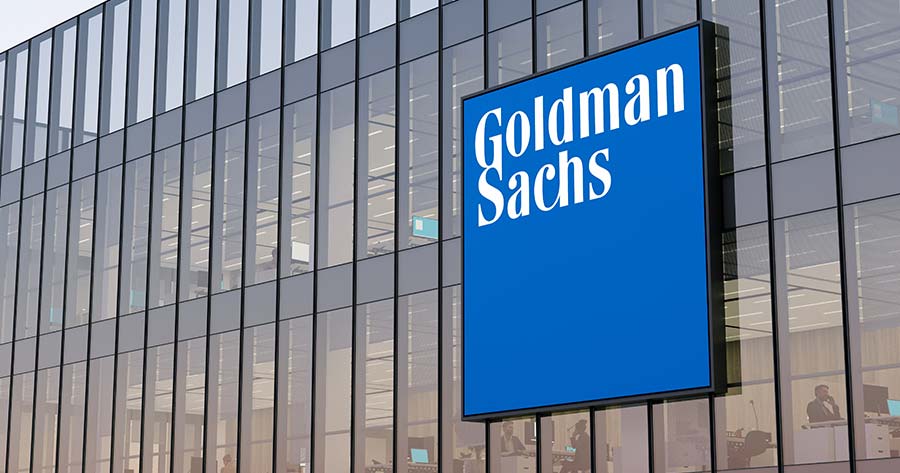Goldman Sachs Group Inc. anticipates a shift in the Bank of Thailand’s monetary policy trajectory, now projecting a commencement of easing measures in the first half of 2025 instead of the initially anticipated second half of this year.
The bank’s revised outlook is founded on the government’s augmented spending agenda aimed at bolstering economic growth, thereby alleviating the pressure on the central bank to reduce interest rates.
In a note penned by strategists Danny Suwanapruti and Andrew Tilton, Goldman Sachs highlighted the forthcoming acceleration in sequential growth starting from the second quarter, driven by a surge in government expenditures and the anticipated stimulation from the digital wallet spending initiative later in the year.
The revised forecast suggests a 25-basis point rate reduction in the second and third quarters of 2025, deviating from the previous expectation of easing in the third quarter of 2024.
To support consumption, the Thai government intends to increase annual spending by 122 billion baht ($3.3 billion) in the current fiscal year, culminating in the implementation of the digital cash handout program. This fiscal stimulus is poised to elevate the fiscal deficit to 4.3% of gross domestic product, surpassing the earlier estimate of a 3.7% shortfall as per government estimates.
Traders have adjusted their expectations for an imminent rate cut post the Bank of Thailand’s decision in April, with baht swaps indicating a reduction of approximately 12 basis points over the next six months. In contrast, forecasts in early March envisioned a nearly 50-basis point easing within the same timeframe.
Following the BOT’s decision to maintain rates in the preceding month, concerns were raised regarding potential risks stemming from fiscal stimulus measures, notably the $14 billion cash distribution program.
Similarly, Standard Chartered Bank Thailand has postponed its forecast for a rate cut, now anticipating easing to commence in December instead of June, according to economist Tim Leelahaphan.
Goldman Sachs strategists reiterated their pessimism on both interest rates and foreign exchange, citing the expanded fiscal deficit as a key factor heightening financing requirements.
Furthermore, they highlighted the subdued performance of the Thai baht due to substantial differentials between Thai and US interest rates, along with growth differentials vis-a-vis neighboring economies.





